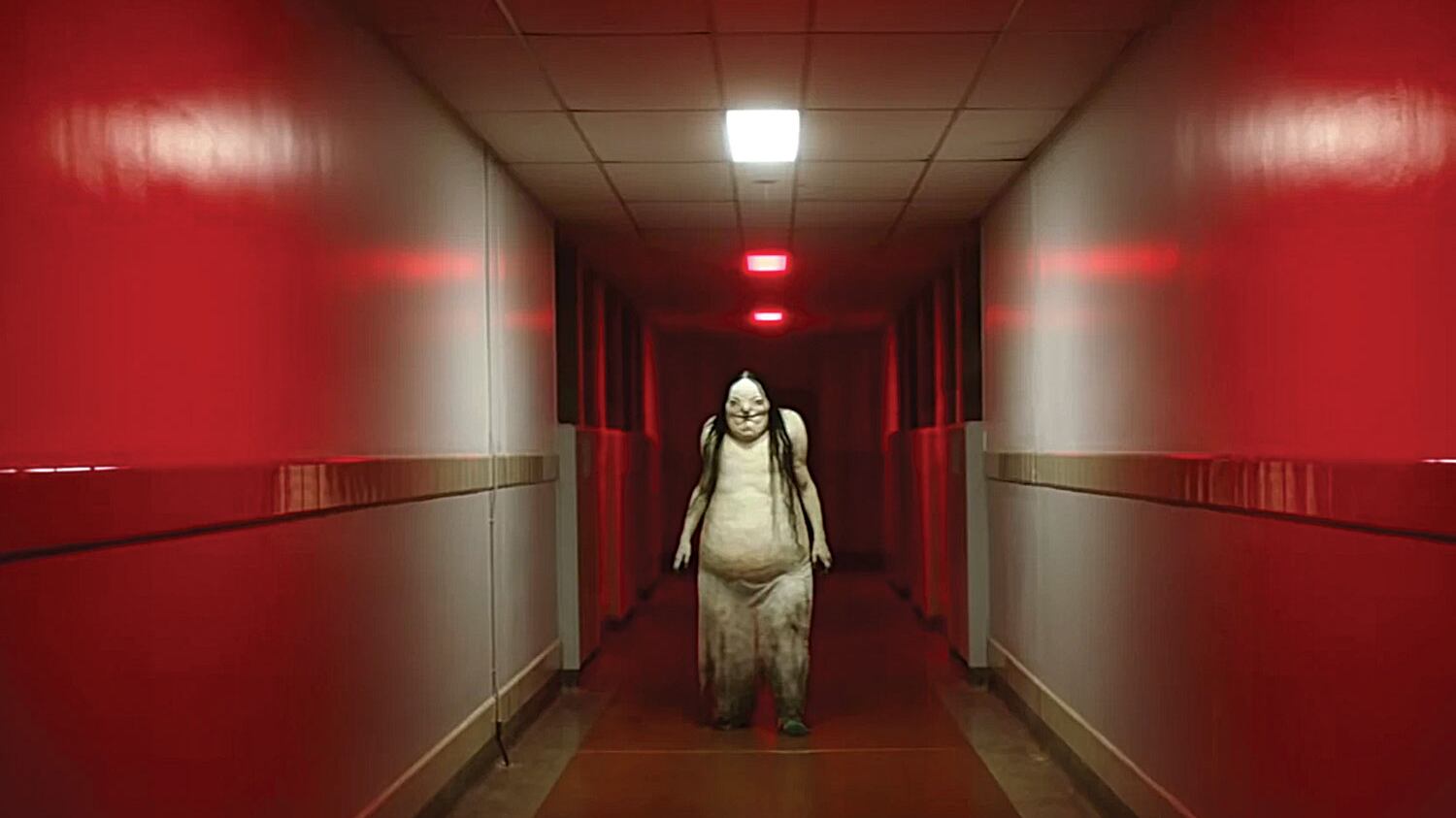The Nightingale
When last we glimpsed a vision of hell from Australian director Jennifer Kent, a mother and son were cornered at home by a top-hatted demon called the Babadook. Now, Kent's excavations of trauma are spread out across the forested reaches of Tasmania brutalized by colonialism in 1825. The epic begins with an Irish woman, Clare (Aisling Franciosi), languishing under the colony's penal code. A singer, mother and veritable slave, she's subjected to the worst indignities imaginable before undertaking a quest through the bush with revenge on her mind. Her guide is an Aboriginal tracker named Billy, played beautifully by newcomer Baykali Ganambarr, and her target is a monstrous British army officer (Sam Claflin). Just as in The Babadook, Kent is most interested in the molding qualities of violence, not its exploits—that's to say, more scarring than bloodletting. In doing so, The Nightingale defies all kinds of movie logic: It challenges the audience both in the sheer volume of pain depicted and with prejudices we're used to seeing stamped out of a victimized protagonist like Clare. For American audiences, The Nightingale may work best as a channel to understanding ruinous frontierism that's completely divorced from the Western and all its romantic filters. R. CHANCE SOLEM-PFEIFER. Living Room.
Luz
The vacant lobby of a German police station, a blasphemous prayer about God being "such a dick," and our title character looking 1993 fly in a backward ball cap and fanny pack is the oblique introduction to this intriguing, 70-minute glitch of a horror movie. Luz is a young cab driver who went to Catholic school in Chile and maybe did something terrible to a classmate. To describe the setup much further really only confuses the issue. The truly admirable parts of Luz are how it compensates for DIY limits with ingenious visual and audio workarounds that you wish 95 percent of micro-budget genre films could muster. Mainly, writer-director Tilman Singer cleverly bends the rules of onscreen possession and mediumship to squeeze a global story into a single police station conference room. What's absent in Luz—a deficiency perhaps fitting given the myriad Giallos it's riffing on—is the script. Characters communicate glumly through their own private mysteries: references to a schoolgirl who was once terrorized or a supposedly fateful cab ride that doesn't mean much to us. There's a compelling devil lurking in the film's technowave soundtrack and copious fog, but how alluring is a forked tongue with nothing much to say? NR. CHANCE SOLEM-PFEIFER. Cinema 21.
The Kitchen
Melissa McCarthy, Elisabeth Moss and Tiffany Haddish star as three Irish mob wives who are left penniless and desperate when their husbands are sent to prison. To survive the grittiness of 1978 Hell's Kitchen, they pick up where their spouses left off, and find they're even more skilled at the fine art of organized crime. Utilizing their traditionally feminine proclivities for strategic communication and vulpine manipulation, the trio savor their ascension. Then their husbands are released. Once the formerly disenfranchised sample the irresistible flavor of power, how do they return to the banality of packing the kids' school lunches? An intriguing premise that suffers from sloppy execution, the immense talent of the three leads saves the otherwise middling crime drama that last year's excellent Widows essentially did first and with more gravitas. It is, however, a welcome improvement over its source material, Ollie Masters' eponymous DC comic. While the original work is plot-heavy and features eyeroll-inducingly beautiful mobstresses speaking and acting in ways that imply Masters has never interacted with a human woman, writer-director Andrea Berloff's adaptation is more authentic and character-driven, adding a subplot on the intersection of race and womanhood. It's enjoyable overall if, instead of picking apart the cringe-worthy dialogue, you opt to bask in the blood-red glow of antiheroines unapologetically carving out their own spaces in a man's world. R. MIA VICINO. Dine-In Progress Ridge 13, Mill Plain 8, Vancouver Mall 23, Cedar Hills, Clackamas, Cornelius, Eastport, Oak Grove, Bridgeport, Cascade, Cinema 99, City Center, Division, Evergreen, Fox Tower, Lloyd, Sherwood, Tigard, Vancouver Plaza, Scappoose, Studio One.
Scary Stories to Tell in the Dark
Although it can play more like a bedtime story than a scary story, Scary Stories to Tell in the Dark has plenty of tricks, and a few savory treats. It won't shock you with its originality, but it will shock you all the same. The time is 1968. The place is Mill Valley. The heroes, a group of introverted kids obsessed with the horror genre, set out to explore the local haunted house on Halloween. Inside, they discover a book penned, literally, in blood—and those who open it will then find themselves in some of the horror stories that appeared in the original series of short-story collections by Alvin Schwartz. Despite the vividness with which readers will remember the inky creatures illustrated by Stephen Gammell, director André Øvredal and screenwriter Guillermo del Toro (The Shape of Water) have managed to bring that work to life by using those malicious images in the movie. A scarecrow comes to life. A pimple hatches spiders. Teenagers around town start to disappear. Yes, these are all clichés. But look beyond that to the Nixon-era allegory that transcends its otherwise familiar narrative beats. Kids go missing, just as they did during Vietnam's draft. Scary Stories is what's been missing this summer season: a horror movie for adults and kids alike. PG-13. ASHER LUBERTO. Dine-In Progress Ridge 13, Mill Plain 8, Vancouver Mall 23, Cedar Hills, Clackamas, Cornelius, Eastport, Laurelhurst, Oak Grove, Bridgeport, Cascade, Cinema 99, City Center, Division, Evergreen, Lloyd, Pioneer Place, Sherwood, Tigard, Scappoose, St. Johns Pub and Theater.
